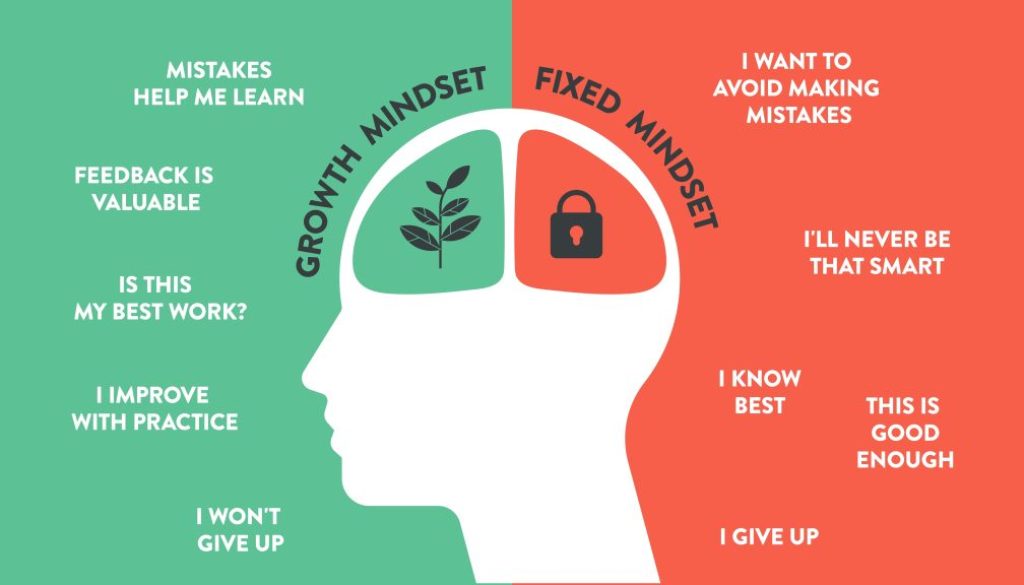Cultivating a Growth Mindset in Medical Education for Future Doctors
In medical education, it is essential to instill a growth mindset in students. A growth mindset emphasizes that talents and intelligence can be developed through dedication and hard work. A fixed mindset, by contrast, sees these traits as inherent and unchangeable.
Can a growth mindset be taught?
There are several ways to teach a growth mindset. One approach is to offer constructive feedback that focuses on effort and improvement rather than innate expertise or performance. Another way is to encourage individuals to set goals, seek out challenges, and embrace failure as a stepping stone to success. Finally, incorporating mindfulness practices and stress-reduction strategies into the curriculum or daily routine can support individuals in developing a positive outlook when faced with setbacks and difficulties. By fostering a culture of resilience and self-reflection, educators and leaders can empower individuals to thrive in adversity and develop a growth mindset.
The Importance of a Growth Mindset in Medicine
Medical students typically face challenges and setbacks throughout their education, whether difficult exams, complicated procedures, or demanding patient interactions. A growth mindset can help them navigate these obstacles with resilience and perseverance. By viewing failures as opportunities for growth, students can develop the abilities necessary to become successful and compassionate physicians.
Strategies for Teaching a Growth Mindset
Educators can use several strategies to promote a growth mindset in medical education. One approach is to offer constructive feedback that focuses on effort and improvement rather than innate expertise or performance. Performance-based feedback and assessments like exams are common in medical training. By encouraging students to set goals, seek out challenges, and embrace failure as a stepping stone to success, educators can help cultivate a growth mindset.
Furthermore, incorporating mindfulness practices and stress-reduction strategies into the curriculum can support students in developing a positive outlook when faced with setbacks and difficulties. By fostering a tradition of resilience and self-reflection, educators can empower future healthcare providers to thrive in adversity.
The Benefits of a Growth Mindset in Medical Practice
Research has shown that healthcare professionals with a growth mindset are likelier to be adaptable, innovative, and empathetic. They are also better equipped to handle the ever-changing medical field and provide high-quality patient care. By teaching a growth mindset in medical training, we can shape the next generation of physicians and enhance the overall quality of healthcare delivery.
Teaching a growth mindset in medical education is vital for preparing medical trainees to overcome challenges, embrace failure, and strive for continuous improvement. By fostering a culture of progress and resilience, educators can empower future healthcare providers to make a positive impact in medicine.
Coaching can play a crucial role in developing a growth mindset by providing individuals with the necessary tools and guidance to embrace challenges and learn from failures.
A skilled coach can help individuals identify and challenge their limiting beliefs. Set achievable goals. Develop a plan to achieve them. By providing regular feedback, encouragement, and support, coaches can help individuals stay accountable and motivated. Ultimately, this leads to greater success and fulfillment in all areas of life. With the help of coaching, individuals can cultivate a growth mindset and unlock their full potential.





